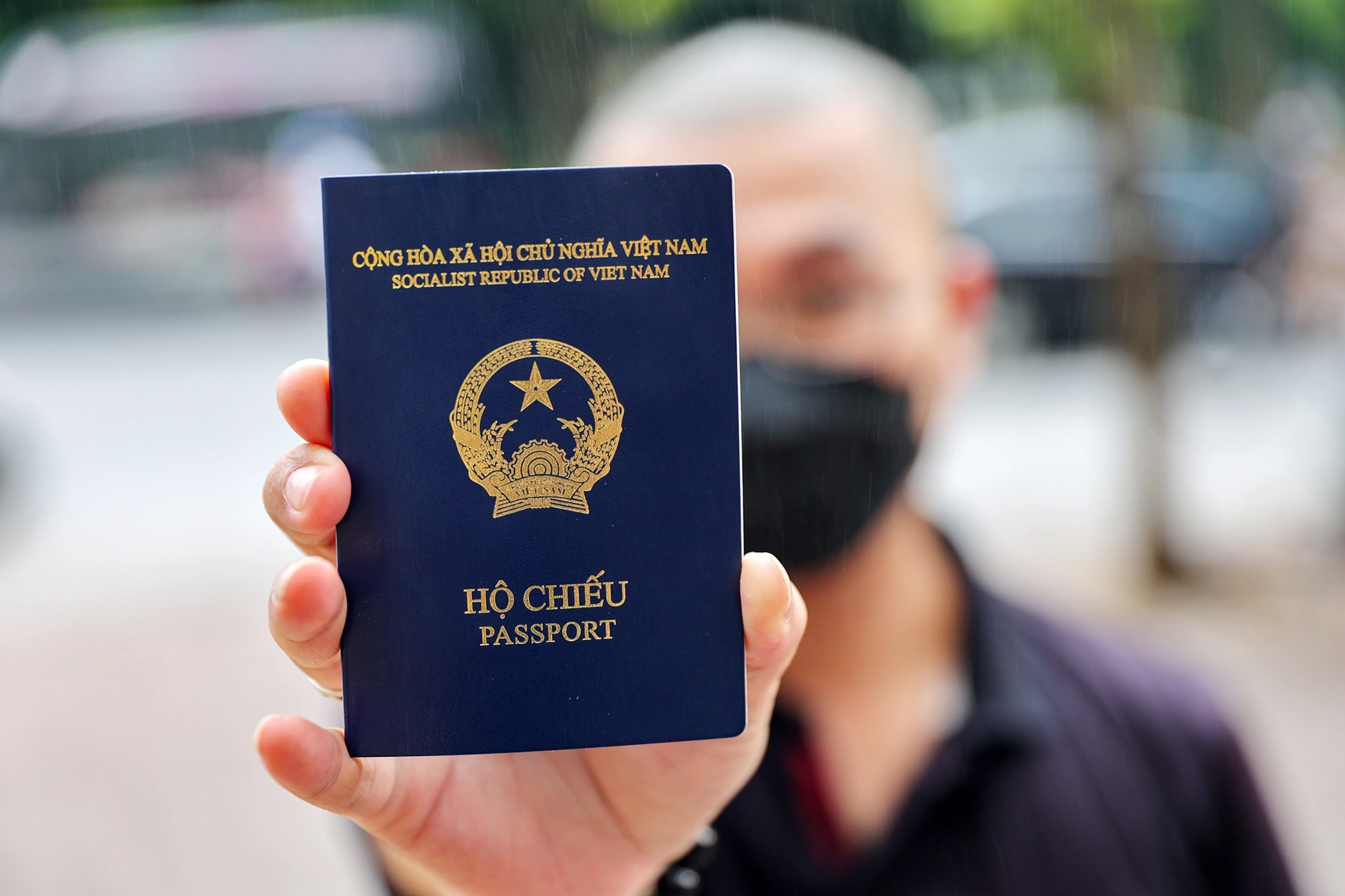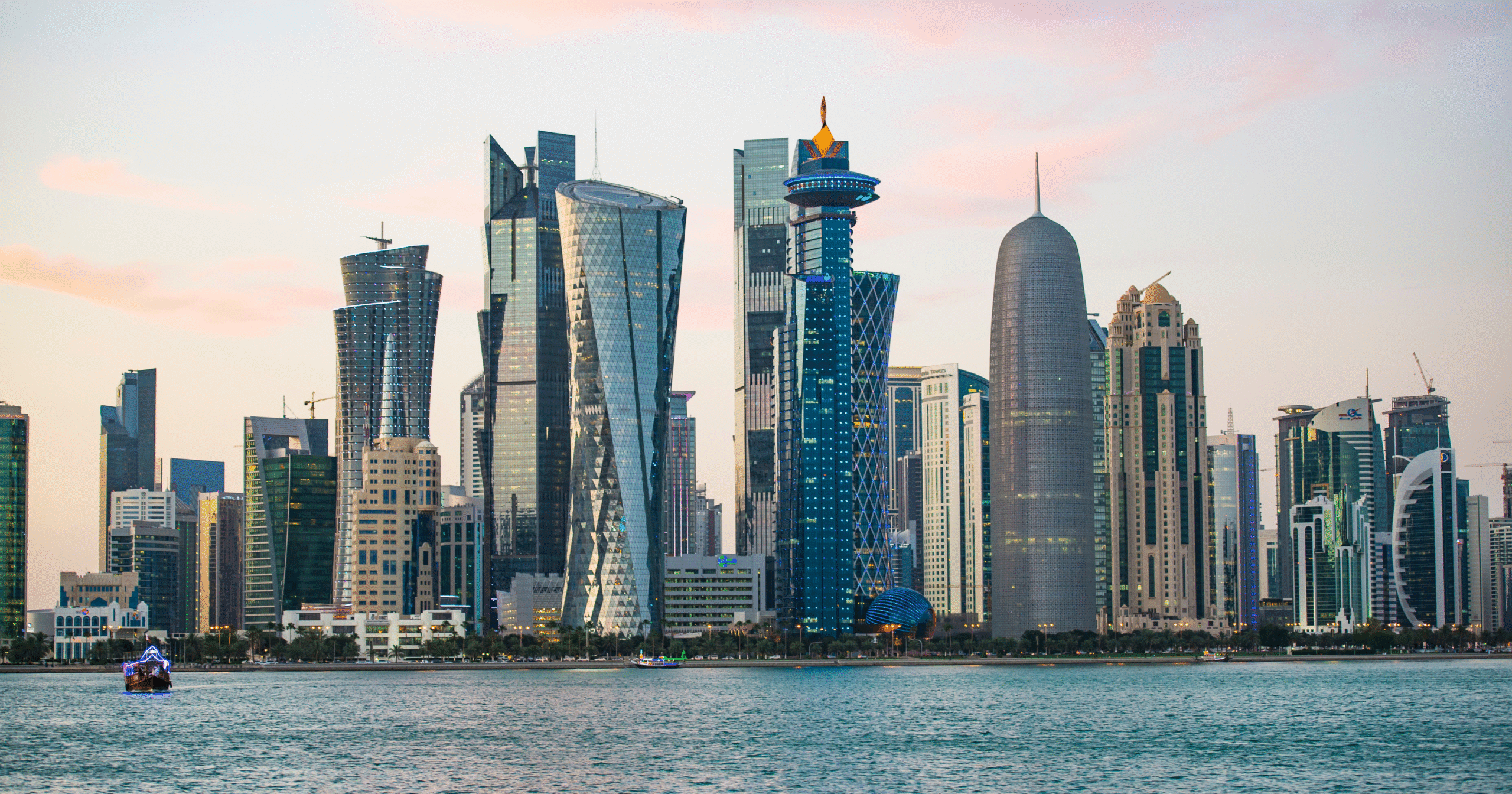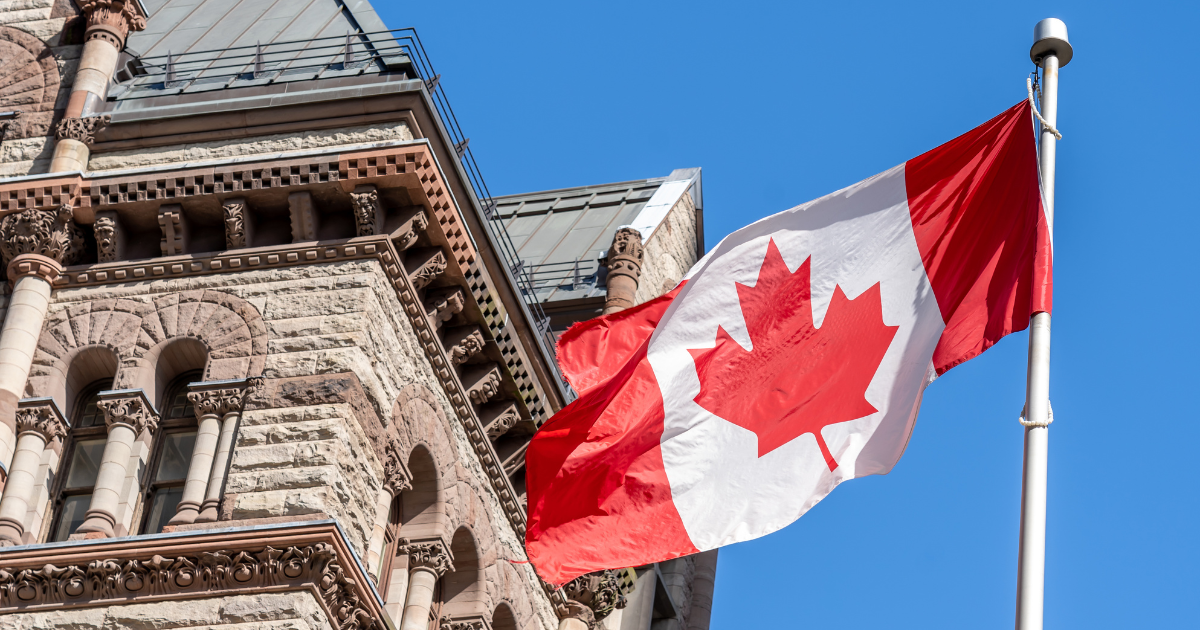ASEAN Passport Ranking 2025: An Overview
The global mobility landscape is constantly evolving, and passports remain one of the most powerful tools in determining how freely citizens can travel across borders. For 2025, recent data highlights notable changes in the ASEAN passport ranking, reflecting shifts in international agreements and visa policies.
This year’s updates reveal that some countries in the region have strengthened their mobility scores, while others have seen declines. These movements signal not only changes in travel convenience but also broader trends in diplomacy, economic partnerships, and migration policies.
Singapore: A Slight Yet Significant Improvement
Singapore continues to hold its reputation as a powerhouse in the world of global mobility. In the latest rankings, Singapore’s passport mobility score increased by one point. While the numerical change may seem small, even a single additional visa-free or visa-on-arrival destination reinforces Singapore’s standing as one of the world’s most respected passports.
The increase reflects ongoing diplomatic efforts and participation in new agreements that streamline travel for its citizens. For business leaders and frequent travelers, this small shift translates to fewer administrative barriers and enhanced efficiency in regional and global movement.
Key takeaway: Singapore’s upward trend confirms its long-term strategy of maintaining strong international relationships and securing agreements that benefit its citizens and economy.

Vietnam: Steady Progress on the Global Stage
For Vietnam, the update is a promising sign of its growing presence in international networks. Vietnam’s passport mobility score also increased by one point, expanding access to an additional country without requiring a traditional visa.
This improvement signals progress in Vietnam’s engagement with global partners and may reflect recent agreements or policy changes aimed at enhancing travel for Vietnamese citizens. For investors, students, and professionals, such an increase in mobility can create new opportunities for business expansion, education, and cultural exchange.
Key takeaway: Vietnam’s steady climb in the ASEAN passport ranking shows a commitment to broader global integration and improved travel convenience.

Brunei: A Decline That Signals Challenges Ahead
While Singapore and Vietnam celebrate modest gains, Brunei experienced a decrease of two points in its passport mobility score. This drop means Brunei citizens now have fewer visa-free or visa-on-arrival destinations compared to previous years.
Although the specific reasons behind this decline are not detailed in the ranking data, such a shift may result from changes in other countries’ visa policies, updated security requirements, or adjustments in reciprocal agreements. For Brunei’s travelers, this creates a need for additional planning and, in some cases, more time and cost to secure travel documents.
Key takeaway: The decline highlights how quickly international arrangements can shift, and it underscores the importance of continuous diplomatic engagement to maintain mobility benefits.

What These Changes Mean for ASEAN Travelers
The ASEAN passport ranking 2025 reveals more than numbers. It reflects a region in motion, where travel freedom is shaped by ongoing negotiations, regional stability, and economic collaboration. A single-point improvement or decline can significantly impact individuals and organizations that rely on seamless international travel.
For business communities, improved mobility means faster access to new markets, simplified logistics, and the ability to seize opportunities without bureaucratic delays. For governments, these rankings serve as feedback on the effectiveness of their foreign policy and visa negotiations.
Looking Forward: The Evolving Landscape of Global Mobility
As we move further into 2025, ASEAN countries will continue to navigate a complex global environment. The competition to improve passport power is more than a symbolic race; it is a reflection of a country’s commitment to openness, trade, and international collaboration.
-
Singapore maintains its leadership, setting benchmarks for others in the region.
-
Vietnam demonstrates steady progress and growing engagement with the global community.
-
Brunei faces new challenges that may prompt renewed efforts to restore or enhance travel privileges.
These shifts are valuable signals for individuals considering where to invest, study, or expand their businesses. They also highlight the importance of staying informed about visa requirements and mobility trends that could influence future travel plans.
Conclusion
The 2025 updates to the ASEAN passport ranking underscore the dynamic nature of global mobility. While some nations gain ground and open new doors for their citizens, others must adapt to new challenges. For travelers, investors, and businesses across the region, these rankings are more than statistics—they are practical tools for planning and strategy in an interconnected world.
Stay tuned as we continue to monitor developments in passport rankings and mobility scores throughout the year. These changes are a window into the evolving relationships between nations and the opportunities that await those ready to explore them.









